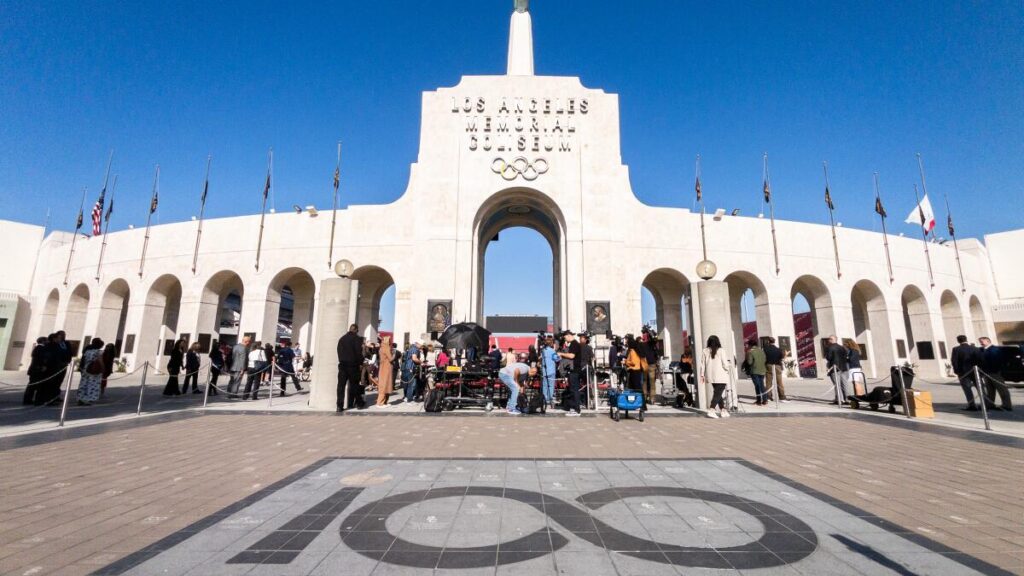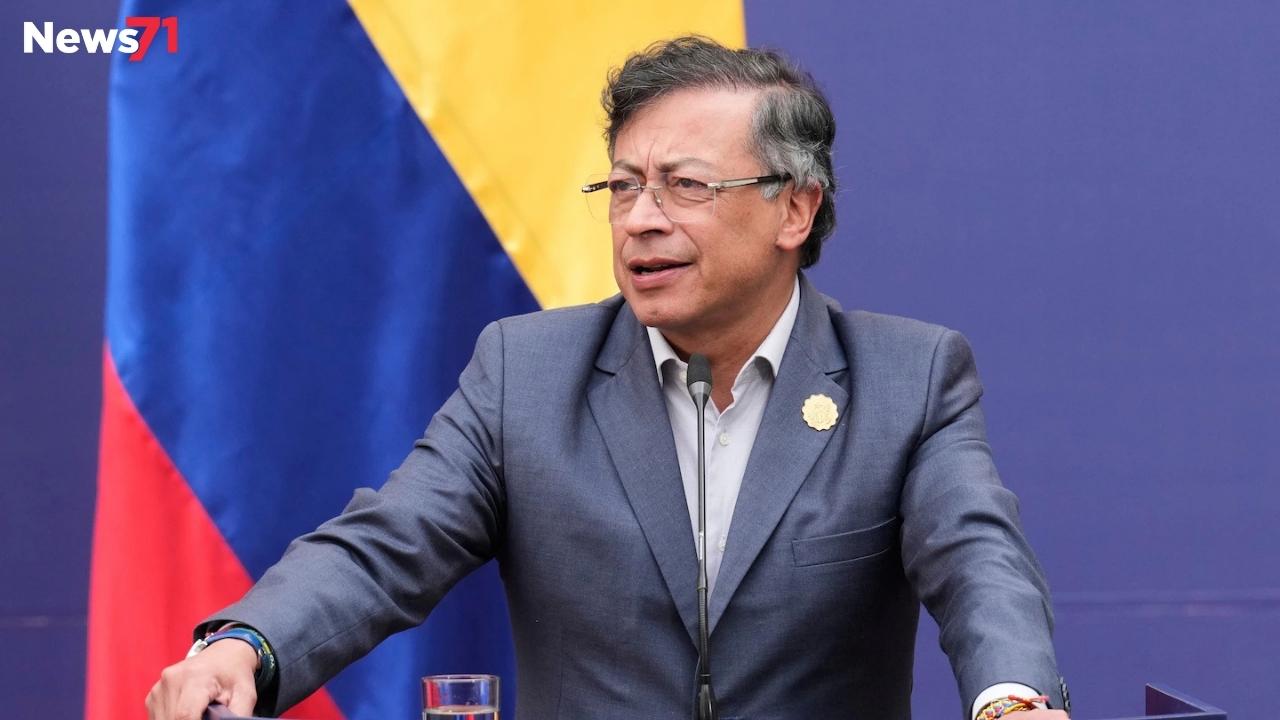Organizers of the Los Angeles Olympics plan to sell naming rights for several venues, a move expected to generate millions of dollars for the 2028 Games and challenge the International Olympic Committee’s long-standing policy of keeping brand names off stadiums and arenas. The organizing committee revealed on Thursday that agreements are already in place with two founding partners: Honda, which holds naming rights for the Anaheim arena hosting volleyball, and Comcast, which will brand the temporary squash venue.
LA28 chairman and CEO Casey Wasserman noted that the revenue from these naming deals exceeds the current $6.9 billion budget for the Games. He described the arrangement as a groundbreaking strategy particularly suited to Los Angeles, as these Olympics, like others held in the U.S., are primarily privately funded without government backing. “We’re a private enterprise responsible for delivering these games,” Wasserman told The Associated Press. “It’s my job to push. That doesn’t mean we’ll win every time, but it’s our job to keep pushing because our context is unique.”
Wasserman emphasized to IOC members that venue naming is a common practice in U.S. sports, citing Crypto.com Arena the home of the Lakers and the venue for gymnastics and boxing in 2028 as an example. “People know ‘Crypto’ as ‘Crypto,’ not as ‘the gymnastics arena downtown,’” he said.
Olympics

Up to 19 temporary venues could have naming rights available, with the IOC’s major sponsors, known as TOP sponsors, given priority. No permanent venue renaming will occur; thus, if agreements are not reached with a venue’s current naming partner such as SoFi for ceremonies and swimming, or Intuit for basketball no alternative sponsor will be allowed to rename it.
This naming rights deal adds to a series of unique concessions made for Los Angeles, positioning the city to redefine the Olympic brand once again, as it did with the 1984 Games. Originally bidding for the 2024 Olympics, LA agreed in 2017 to host the 2028 Games instead, part of a new bid process designed to reduce the financial and logistical burdens on host cities.






